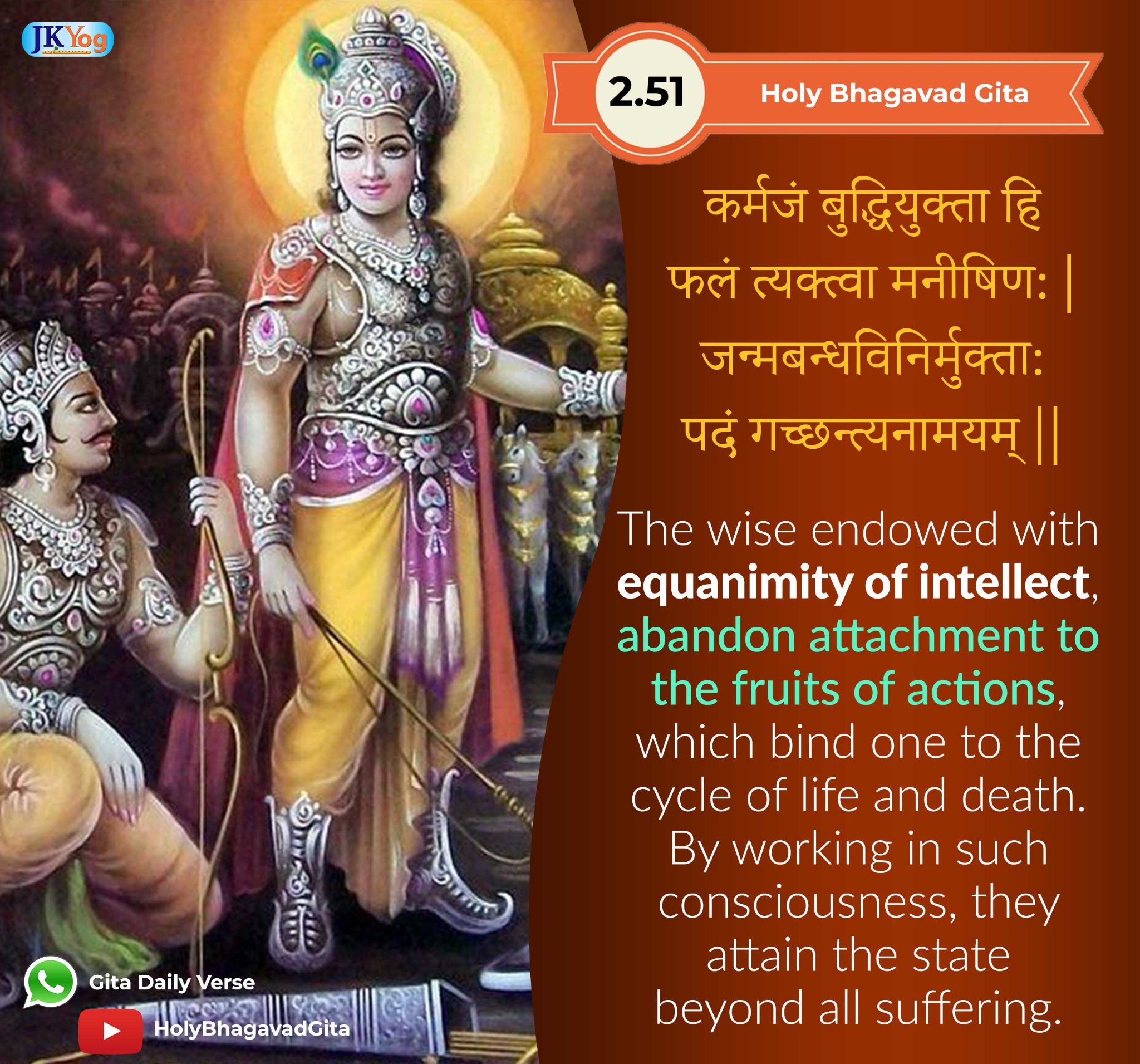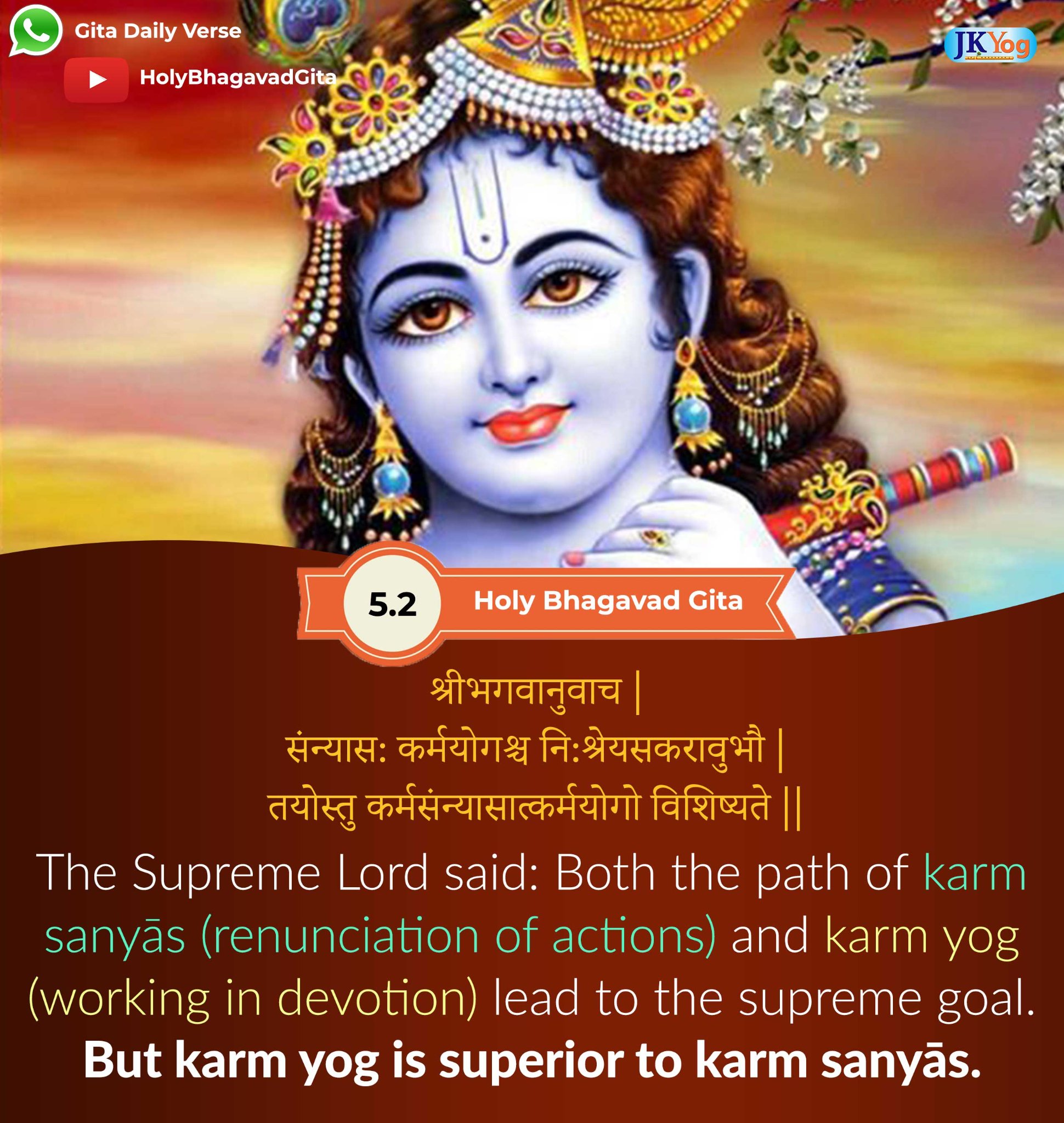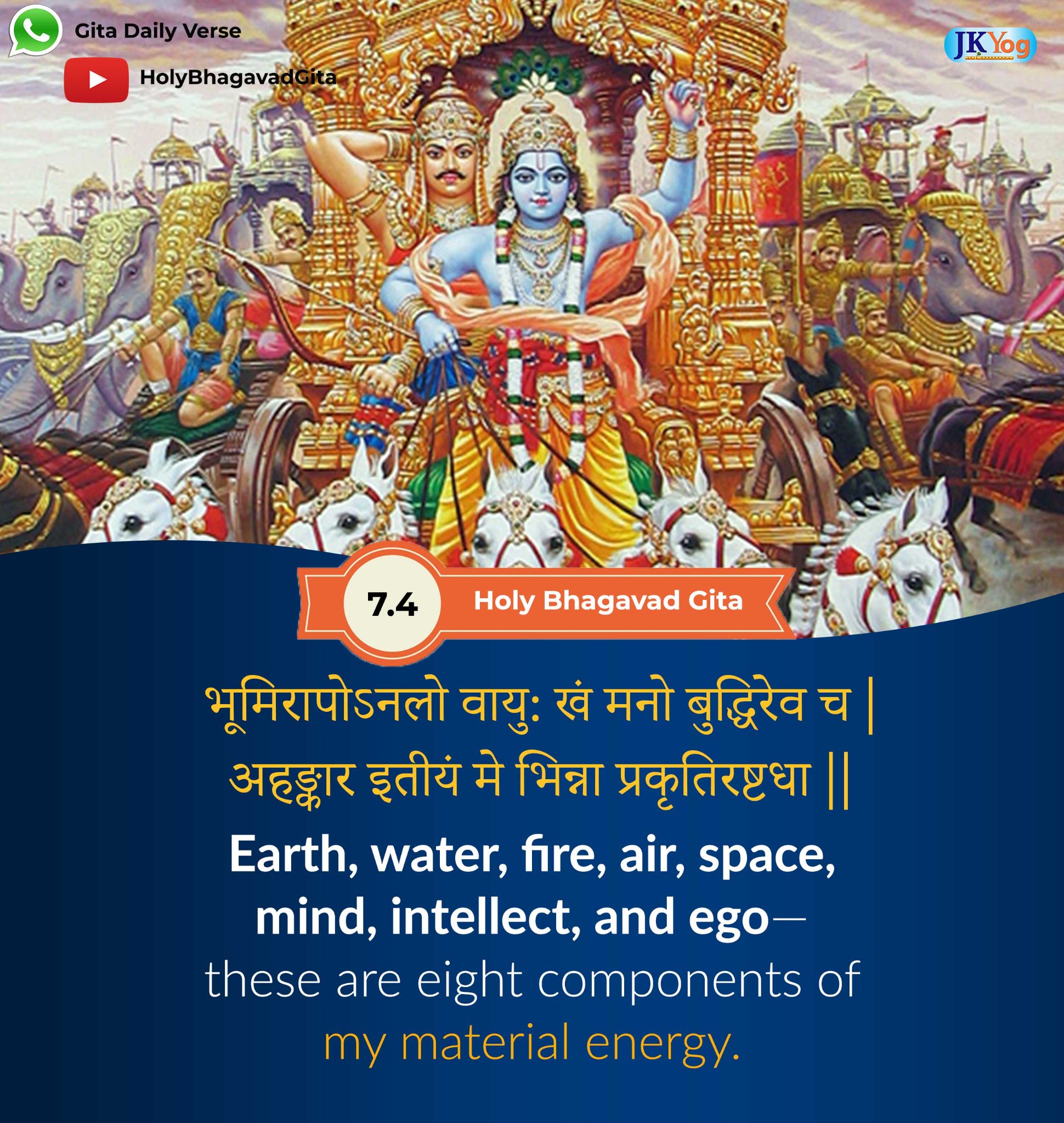The Moksha Gita : Swami Sivananda // Commentary : Chapter 5.3 - Swami Krishnananda.
=========================================================================
Friday, March 17, 2023. 06:30.
The Moksha Gita : Swami Sivananda
Chapter 5: The Nature of the Universe -3.
=========================================================================
5, 6. Children regard a wooden elephant, as an elephant, but the grown-up persons treat it as wood. Even so the wise behold only Brahman everywhere but the ignorant perceive the non-self only.
A wooden elephant is the imitation of the form of an elephant, though the essence of the form is only wood. Children in their credulity, with undeveloped consciousness see the form merely and not the essence or the substance which has taken a form. In fact, forms have no sane basis to be regarded as realities, for it is only the mode of the arrangement of the substance and the way of the individual's vision of it that certifies the existence of a particular form. A given number of straight lines which have no relation at all in truth with any object of the universe can be arranged in such a way as to present before us a picture of any desired object, by manipulation of their positions and forms. Mud has in itself no specified shape but the shaped forms derived from it are nothing more than mud. When the form is broken, the original clay only remains. When the wood is cut, the elephant vanishes. Therefore, those persons who are endowed with a broader vision of life perceive the wood in the elephant and do not run away from it in fear. The sages who see the Essence of Satchidananda in the manifold forms of the universe fear not from anything of the world, not even from the terror of death. It is only the individual with a constricted consciousness that is dreaded by the workings of the universal nature because of the absence of the knowledge of the substance of Brahman.
These examples are to show the omnipresence and the match-lessness and second-lessness of Brahman and not to prove that Brahman can be moulded into forms just as wood, clay etc. Illustrations cannot be carried too far. The reality is that Brahman alone exists and the universe is not, except as a mere jugglery or the trick of Maya. Only the vision of a sage or a Jivanmukta can perceive this Supreme Truth which hails as the Light of lights, Sun of suns, and the Common Goal of all religions, faiths, philosophies and every form of true endeavour to achieve Immortality and undying Bliss.
7. The whole universe is within Brahman. It appears as external to you, just as your body appears external to you in the mirror on account of Maya.
The whole universe is included in Brahman. The Purusha Sukta says that one-fourth of the Supreme Reality appears as the universe and that three-fourth of it is exalted beyond the earth as the glorious Immortal. Lord Sri Krishna, the personified essence of the Absolute says that the whole universe is sustained by a part of Himself and that he pervades the whole universe without any remainder. This does not mean that Brahman can be divided into parts, for it is Indivisible. What is meant is that the universal manifestation is only an insignificant factor in the vast expanse of the Truth of Brahman. Brahman cannot create a universe. Why? If Brahman has created a universe, then, where is the material for Brahman to fashion the creation? We have then to say that it is Brahman only that has become the universe. If it has become the world, then, is it a part of Brahman or the whole of Brahman that is changed? If it is a part of Brahman, we thereby assert that Brahman can be cut into parts. If it is the whole of Brahman that has become the universe, we again assert that there is no Reality beyond the universe. Hence creation becomes impossible and absolute non-duality alone remains.
The universe appears external to the self due to the reflection of itself in the disturbed form of thinking, just as a second face is seen in a mirror. The power of thought stands for the mirror and the eternal Self for the face. The method of arrangement or the constitution of the objects of the universe is directly dependent on the way in which the One Self has split up the constitution of the mode of its thinking. Hence, when thought is corrected, the whole universe also is corrected. When the cause is perfected, the effect also is perfected. The world is dissolved in one's Self, the moment thought is withdrawn to its Source.
8. Just as a man does not behold the object which he has seen in his dream when awake, so also the Jivanmukta does not perceive the universe after he attains knowledge of Brahman.
There are countless images seen in a dream. So long as the person is dreaming, the objects of the dream appear to be absolutely real. The consciousness of the dreamer is confined within the four walls of the dreaming state, and it cannot remember anything that is outside that limited consciousness, neither the past nor the future. Nor does the dreaming person know when the dream will terminate. His whole thought is concentrated on the state of life dominated by the dream and that condition becomes the only reality for the dreamer. Ages after ages appear to pass in the dream consciousness and the waking into another state is realised only after the event actually takes place. Critically examining, it cannot be said whether one is really dreaming or waking, for both states have similar characteristics, similar space and similar timing.
The nature of the existence in the life of the universe cannot be realised to be otherwise so long as the person is within the range of the physical consciousness. The universe is absolutely real until another conscious state is reached. The test of reality is non-contradiction. The consciousness of life in the universe is further contradicted by a higher and wider experience where lower states are not only included but transcended. The individual leading the earthy life cannot understand when the dream of the universe will come to an end. Even just a minute before the waking into the superior state of consciousness the Jiva will be conscious of the preceding state merely and the blossoming into the greater experience is realised only after the actual transformation. The person who has woken up from the dream does not perceive any object of the past beheld in dream. Where they went and why he does not bother about. He is simply contented with the subsequent consciousness because he feels that the dream perception was false. The Jivanmukta who has woken up to the day of Self-Knowledge does not perceive the universe of his past dream and does not feel inquisitive about its disappearance from his vision. He rests contented in the Bliss of Brahman.
*****
Next
Chapter 6: The Nature of the Mind
To be continued
=========================================================================












Comments